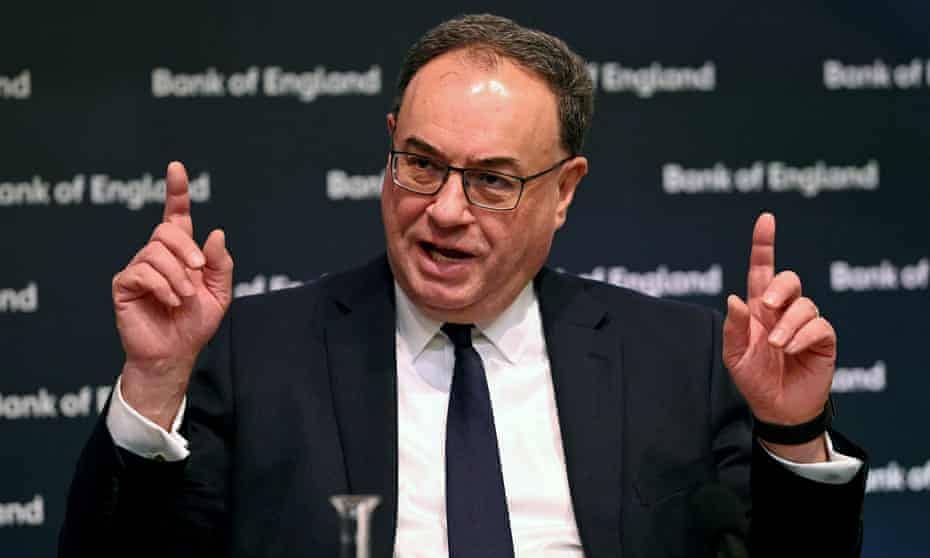The US Federal Reserve concluded a series of interest rate increases in 2006, raising its base rate from 1% to 5.25%. The aim was to slow down a flourishing economy, but two years later the great financial catastrophe put an end to it, Entrepreneurng report.
To combat the inflation brought on by the Covid-19 outbreak and the Ukraine crisis, the Federal Reserve was anticipated to proceed with a 0.25 percentage point increase from its existing range of 4.5% to 4.75% earlier this month.
That increase was questioned the previous week. Likewise, the widely anticipated interest rate increase by the Bank of England that was scheduled to take effect on Thursday was not as definite as many in the City had assumed.
After the American failure of Silicon Valley Bank, the £1 sale of SVB’s London subsidiary to HSBC, and the Swiss central bank’s $54 billion (£44 billion) lifeline to Credit Suisse, analysts have revised their predictions for interest rates.
As each bank adopted its risky approach, authorities can claim that their issues are isolated. Yet the concern is that other additional banks and financial institutions have placed such wagers and that their problems have not yet surfaced. There may be hundreds of banks that rely on low-cost borrowing, which is where issues start to appear.
Concerns over the state of the global banking system have increased quickly in recent days, according to Capital Economics Chief Economist Paul Dales, and they may cause the nine members of the Bank of England’s monetary policy committee (MPC) to take a step back.
The rationale for the MPC to boost rates again has eroded, even in the absence of the problems in the US financial industry. It is almost evenly split between the MPC delaying or ending its sequence of interest rate hikes and hiking rates by 25 basis points from 4% to 4.25% at its meeting on March 23, he said.
The events in the international banking system between now and next Thursday will have a significant impact. We anticipate a 0.25 percentage point increase if the situation doesn’t get worse.
There is a compelling justification for holding off on interest rate increases before bank rescues, according to Martin Beck, principal economic consultant to the EY Item Club.
The case for the MPC to raise rates again in March had “weakened [ed] even in the absence of the well-publicized difficulties in the US financial sector,” he claimed.
Several MPC members are likely to concentrate on the economy’s recent resurgence, which indicates that it is stronger than anticipated. The Office for Budget Responsibility, an independent forecaster for the Treasury, stated on Wednesday that a previously anticipated recession would no longer occur this year. Most forecasters have upgraded the UK’s economic progress.
One of the explanations offered was Jeremy Hunt’s budget, which provided a little bit more economic stimulus than anticipated, however, most of the additional monies will be used in the following year and the one after that.
“The MPC changed its forward guidance from saying that further increases in bank rates may be required to [saying that] if there were to be more evidence of more persistent pressures, then further tightening in monetary policy would be required,” he said. Interest rates were raised from 3.75% to 4% in early February.”
In other words, unless there is a compelling reason to raise borrowing costs, they can remain where they are. Inaction might be the best course of activity given the looming threat of 2008.
Source : The Guardian


